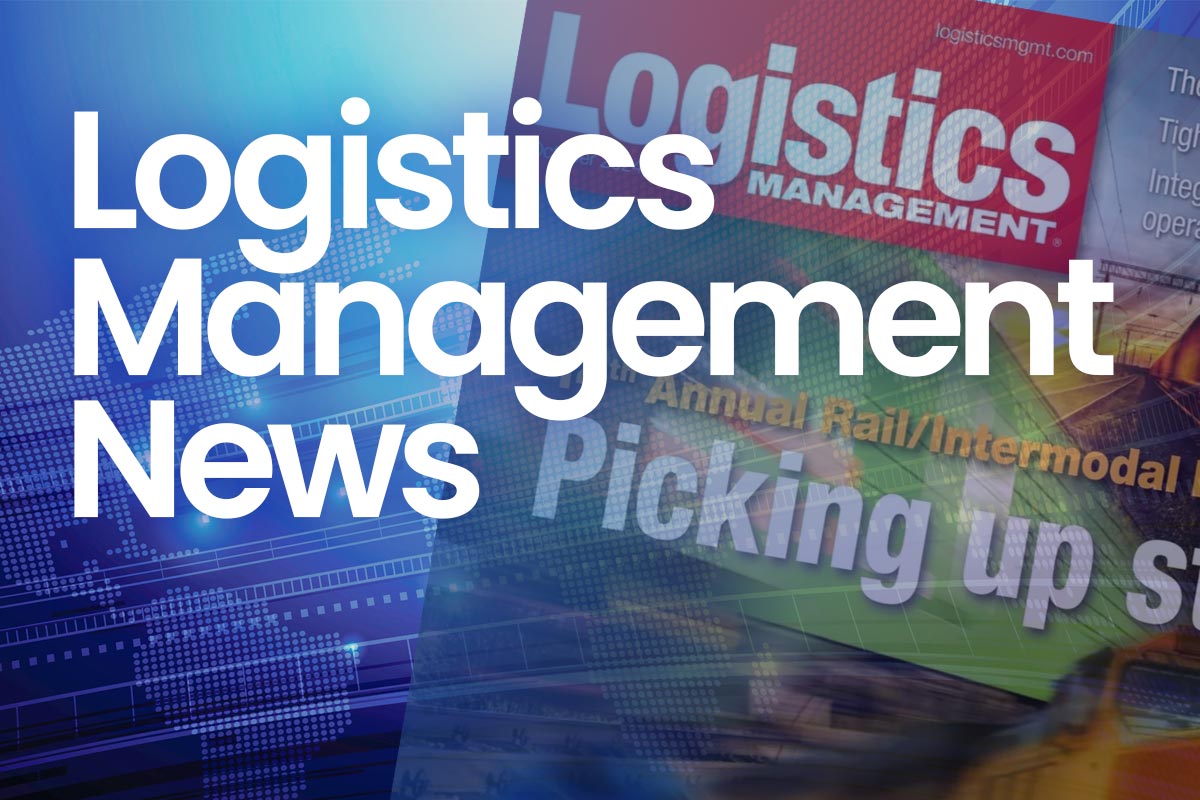With President Trump set to roll out what are being described as widespread tariffs on United States trading partners later today, findings from a study published this week by the National Retail Federation and Morning Consult highlight ongoing concerns regarding tariffs and the potential subsequent economic impacts.
Findings for the study, which was conducted late last month, were based on feedback from 2,019 registered voters.
To say that the findings portend the mindset of the study’s participants, in terms of how tariffs are likely to affect both economic policy and consumer can be viewed as an understatement.
Those findings, as outlined in the study, include:
- 76% of voters are concerned about the impact of tariffs on prices;
- 75% of voters want elected officials to focus on reducing inflation;
- 75% of voters want elected officials to focus on decreasing the cost of groceries and everyday goods;
- 81% of voters are concerned about small businesses closing, given the economy;
- A majority of voters say that small businesses are critical to the economy and the U.S. should not implement tariffs if they raise the cost of running a small business;
- Voters are most concerned about the impact on prices from imposing tariffs on U.S. neighbors and allies such as Canada (66%), Mexico (64%) and Europe (62%); and
- Voters feel most strongly about tariffs on Canada. Half (48%) of voters oppose tariffs on Canada compared with just 39% who support — a wider margin compared with other countries
What’s more, the study also highlighted concerns about tariffs resulting in higher prices, something which has been cited by a myriad of industry stakeholders. Case in point, it found that 76% of surveyed voters found tariffs would increase grocery prices, medicine (71%), household supplies (67%), and clothing (66%), with an overarching sentiment that, “they want the government to prioritize lowering the cost of everyday goods.”
How tariffs could present difficulties for small businesses was significant, according to the study. That was evident in the findings, with 81% of voters, or four out of five, stating that they are very or somewhat concerned about small businesses in their community closing. And it observed that the retail sector, in which 99% of businesses have fewer than 50 employees, are “particularly vulnerable,” coupled with 54% or surveyed voters indicating tariffs will have a negative impact on retail, whereas 23% view tariffs as helpful.
There is a lot, no, make that a ton, of uncertainty, in terms how tariffs can impact a whole host of things, including: inflation, consumer spending, sourcing, and logistics, among many others. In light of the stop-and-start nature of tariff implementation by the White House in recent weeks, there is a possibility, perhaps, that today’s announcement, will, at least, offer up some certainty in what can definitely be viewed as an uncertain time, something which this survey makes very clear.




